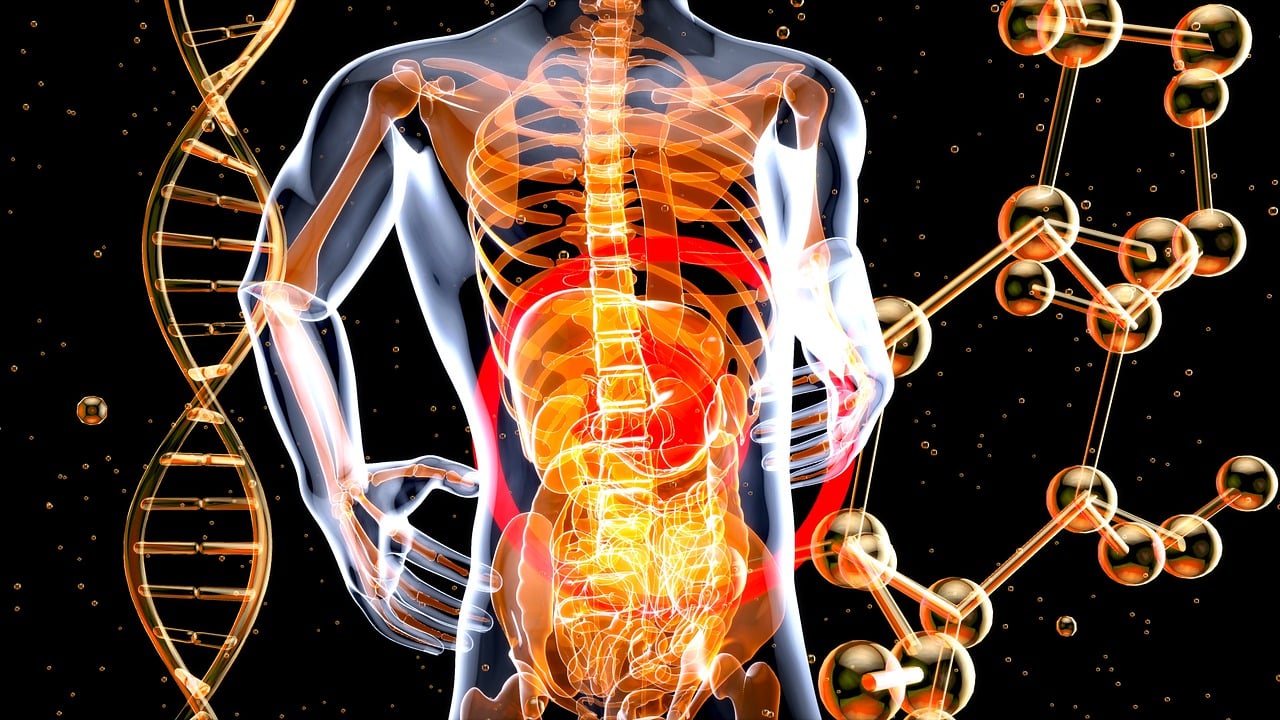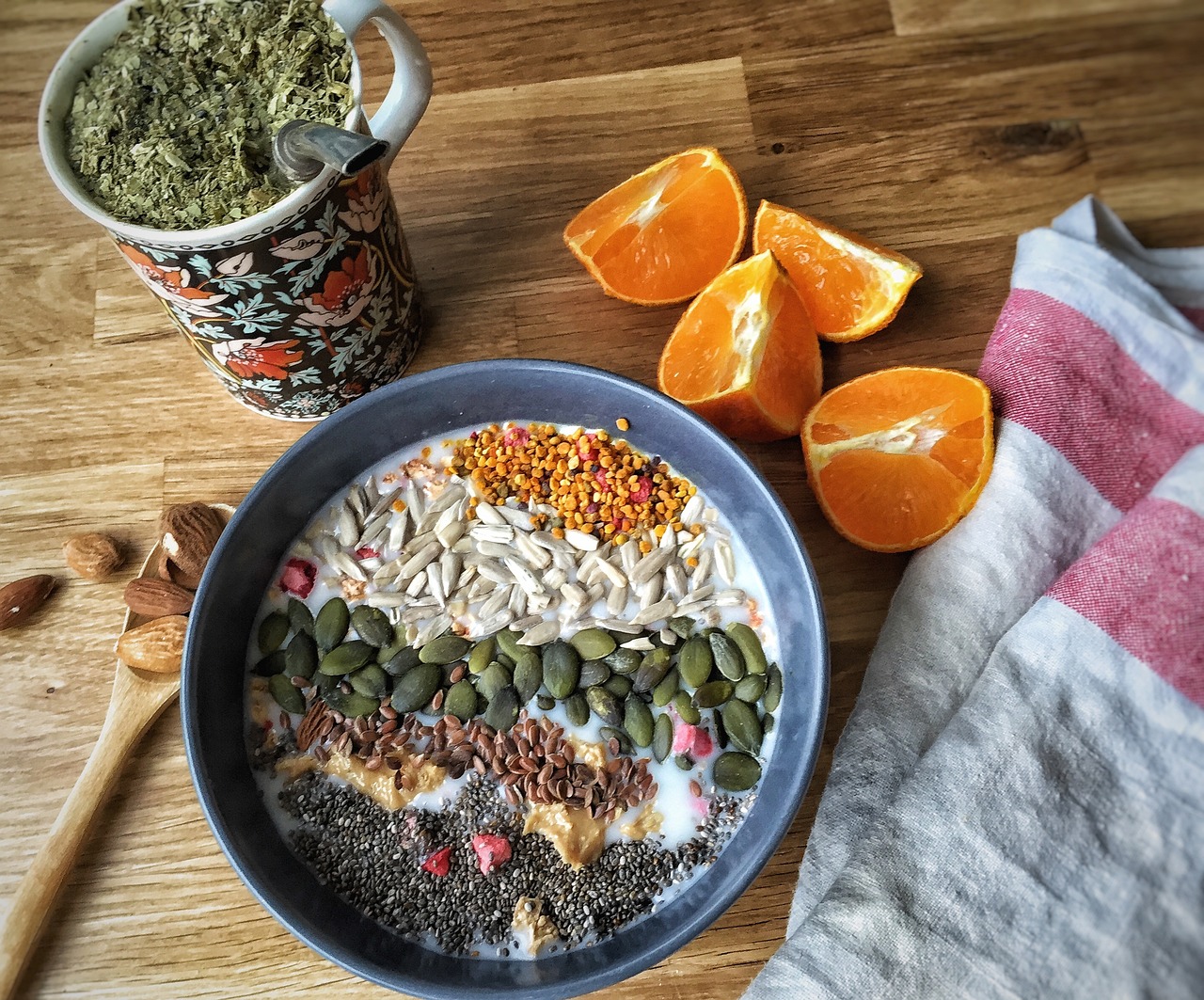Gut Health; Your gut is more than just a digestion hub—it’s the cornerstone of your overall health. From immunity to mood regulation, the trillions of bacteria, fungi, and viruses living in your gastrointestinal tract (collectively called your gut microbiome) play a pivotal role in keeping you healthy. But modern diets, stress, and lifestyle habits can throw this delicate ecosystem off balance. In this guide, you’ll learn how to improve your microbiome, adopt a healthy gut diet, and boost your well-being naturally.
Why Gut Health Matters More Than You Think
Your gut microbiome influences nearly every system in your body. A balanced microbiome helps:
- Digest food and absorb nutrients
- Strengthen your immune system
- Produce essential vitamins like B12 and K
- Regulate hormones and mental health
When harmful bacteria outnumber the beneficial ones, it can lead to issues like bloating, fatigue, inflammation, and even chronic conditions like IBS or autoimmune diseases. Prioritizing gut health support isn’t just about avoiding discomfort—it’s about unlocking your body’s full potential.
Understanding Your Gut Microbiome: The Basics
Your gut microbiome is a living community of microbes that evolves based on your diet, environment, and habits. Think of it as a garden: the right “fertilizer” (food and lifestyle choices) helps good bacteria thrive, while neglect or poor choices let weeds (harmful bacteria) take over.
Key factors that disrupt gut microbiome balance include:
- Diets high in sugar, processed foods, or artificial additives
- Chronic stress
- Overuse of antibiotics
- Lack of sleep
How to Improve Your Microbiome with a Healthy Gut Diet
Food is your most powerful tool for nurturing your gut. Here’s how to build a microbiome-friendly plate:
Best Foods for Gut Health
- Fiber-Rich Foods: Feed good bacteria with whole grains, legumes, fruits, and vegetables. Aim for 25–35g of fiber daily.
- Top picks: Raspberries, lentils, broccoli, and oats.
- Fermented Foods: Natural probiotics like yogurt, kefir, sauerkraut, and kimchi introduce beneficial bacteria.
- Polyphenol-Packed Foods: These antioxidants in dark chocolate, green tea, and berries reduce inflammation.
- Omega-3 Sources: Fatty fish, chia seeds, and walnuts support gut lining health.
Probiotics for Digestion: What You Need to Know
Probiotics are live bacteria that replenish your gut’s good microbes. They’re found in supplements and fermented foods. For best results:
- Choose strains like Lactobacillus and Bifidobacterium for general gut health.
- Pair probiotics with prebiotics (see below) to help them thrive.
Prebiotics: Fuel for Your Gut Bacteria
Prebiotics are indigestible fibers that act as food for probiotics. Add these to your diet:
- Garlic, onions, and leeks
- Bananas and apples
- Asparagus and dandelion greens
Lifestyle Factors That Influence Gut Microbiome Balance
A healthy gut diet is just one piece of the puzzle. These lifestyle habits also play a role:
Stress Management and Gut Health
Chronic stress disrupts gut-brain communication, leading to inflammation. Try:
- Daily meditation or deep breathing
- Yoga or nature walks
- Limiting screen time before bed
The Role of Sleep in Digestive Wellness
Poor sleep alters gut bacteria diversity. Prioritize 7–9 hours nightly by:
- Keeping a consistent sleep schedule
- Avoiding caffeine after noon
- Creating a dark, cool sleep environment
Exercise: A Surprising Boost for Your Gut
Moderate exercise increases microbial diversity. Aim for 150 minutes of activity weekly, like brisk walking or cycling.
Common Threats to Gut Health and How to Avoid Them
- Antibiotics: While sometimes necessary, they wipe out good and bad bacteria. Restore balance with probiotics afterward.
- Processed Foods: Artificial sweeteners and emulsifiers harm microbial diversity. Opt for whole foods instead.
- Over-Sanitizing: Excessive use of antibacterial products reduces exposure to beneficial microbes.
How to Boost Gut Health Naturally: Practical Tips
- Start Small: Add one fiber-rich food daily, like a handful of almonds or a spinach salad.
- Stay Hydrated: Water aids digestion and nutrient absorption.
- Chew Thoroughly: Break down food to ease the workload on your gut.
- Experiment with Fermented Foods: Try kombucha or miso soup as tasty probiotic sources.
When to Consider Professional Gut Health Support
If you experience persistent symptoms like chronic diarrhea, constipation, or unexplained weight loss, consult a healthcare provider. They may recommend:
- Stool tests to analyze your microbiome
- Personalized probiotic strains
- Elimination diets to identify food sensitivities
Final Thoughts: Taking Control of Your Gut Health
Your gut microbiome is a dynamic, responsive system. By embracing a healthy gut diet, managing stress, and prioritizing sleep, you can improve your microbiome and enhance your overall health. Remember, consistency is key—small, daily choices create lasting change. Ready to start? Swap one processed snack for a fiber-rich apple today, and your gut will thank you!












Add comment